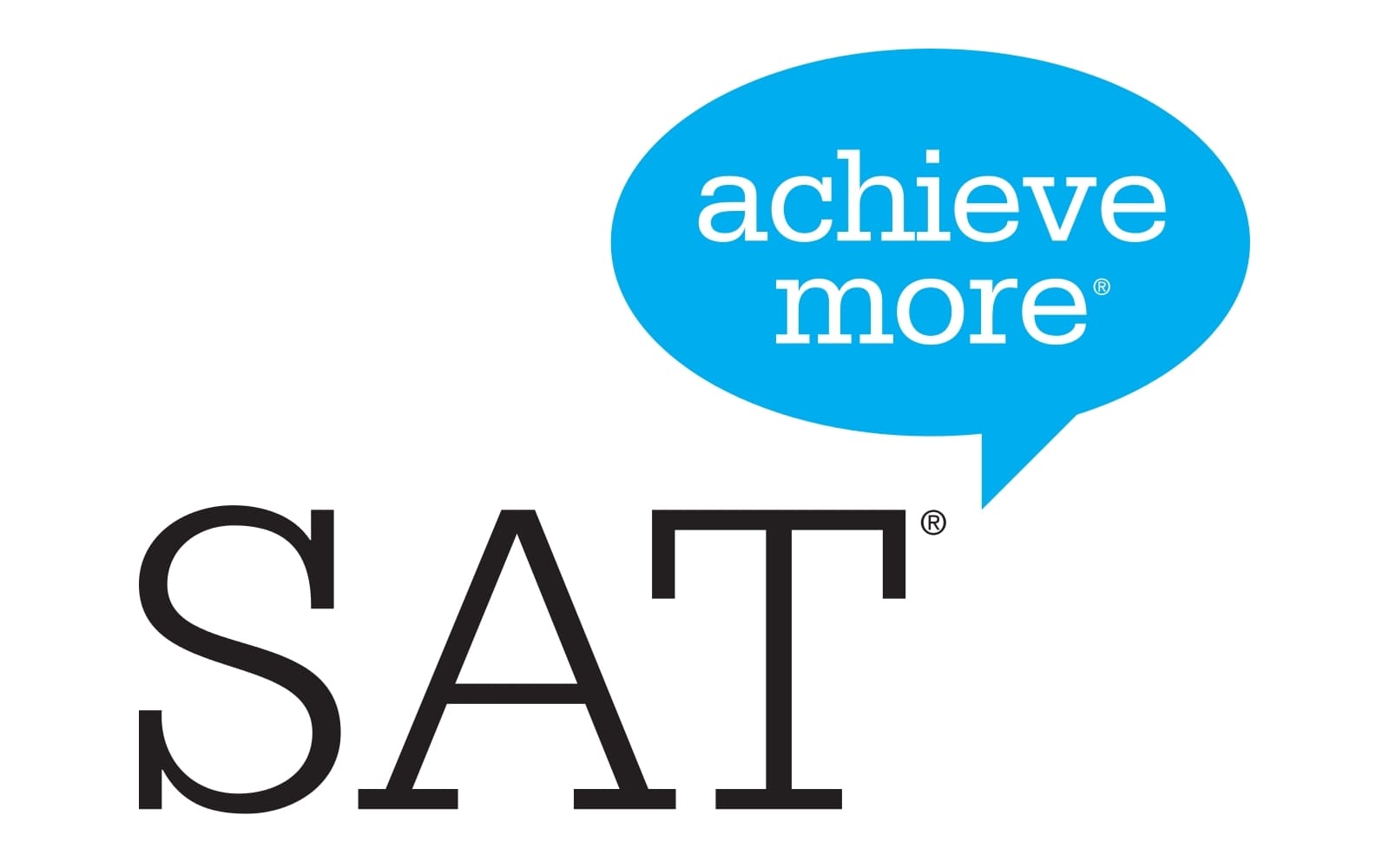Overview
The GMAT exam is the premier business school admission test used to help thousands of graduate business programs make critical admissions decisions. The GMAT helps you prove your commitment to and eligibility for the MBA or business master’s degree you’re applying to by demonstrating your problem-solving abilities and critical reasoning skills.
Submitting a strong GMAT score means a higher chance of acceptance and may also result in a scholarship offer to your chosen school.
Exam Pattern
Analytical Writing Assessment (AWA)
Assesses critical thinking and idea communication.
Question Types:
Involves analysis of an argument.
Integrated Reasoning (IR)
Measures data analysis and information evaluation.
Question Types:
Includes graphics interpretation and multi-source reasoning.
Quantitative Reasoning
Evaluates mathematical skills and data analysis.
Question Types:
Features data sufficiency and problem-solving.
Verbal Reasoning
Tests comprehension, evaluation of arguments, and writing correction.
Question Types:
Consists of reading comprehension and sentence correction.
IELTS Exam Registration
IELTS Exam Fees
INR 25,190
Registration Fees
INR 13,860
Cancellation Fees
INR 4,200
Rescheduling fee
$ 275
Registration Fees (US)
Syllabus
The syllabus for the GMAT is divided into four main sections, each assessing different skills essential for success in business school. Below is a detailed breakdown of the GMAT syllabus for 2024:
1. Analytical Writing Assessment
- Task: Analyze an argument.
- Format: One essay.
- Time: 30 minutes.
- Skills Assessed:
- Ability to think critically and communicate ideas effectively.
- Evaluation of arguments and logical reasoning.
2. Integrated Reasoning
- Format: 12 questions.
- Time: 30 minutes.
- Question Types:
- Multi-source reasoning: Analyze data from multiple sources.
- Table analysis: Interpret data presented in tables.
- Graphics interpretation: Understand information presented in graphical form.
- Two-part analysis: Solve complex problems that require two answers.
- Skills Assessed:
- Ability to evaluate information from various formats and draw conclusions.
3. Quantitative Reasoning
- Format: 31 questions.
- Time: 62 minutes.
- Question Types:
- Problem-solving: Solve mathematical problems using basic arithmetic, algebra, and geometry.
- Data sufficiency: Determine whether the provided information is sufficient to answer a question.
- Skills Assessed:
- Ability to analyze data and solve quantitative problems.
4. Verbal Reasoning
- Format: 36 questions.
- Time: 65 minutes.
- Question Types:
- Reading comprehension: Understand and analyze written passages.
- Critical reasoning: Evaluate arguments and identify logical flaws.
- Sentence correction: Correct grammatical errors in sentences.
- Skills Assessed:
- Ability to read and comprehend complex texts, evaluate arguments, and communicate effectively.
Have Questions?
We have 24/7 support available.
 Whatsapp Us
Whatsapp Us
 Call an Expert
Call an Expert
How is the GMAT scored?
The GMAT scores range from 200 to 800, combining the scores from the Quantitative and Verbal sections. The Analytical Writing and Integrated Reasoning sections are scored separately, with AWA scores ranging from 0 to 6.
How should I prepare for the GMAT?
Effective preparation can include studying with official GMAT prep materials, taking practice tests, enrolling in prep courses, and using online resources tailored to your strengths and weaknesses in each section.
What is the structure of the GMAT exam?
The GMAT consists of four main sections: Analytical Writing Assessment, Integrated Reasoning, Quantitative Reasoning, and Verbal Reasoning. The total testing time is approximately 3 hours and 7 minutes.
How should I prepare for the GMAT?
Effective preparation can include studying with official GMAT prep materials, taking practice tests, enrolling in prep courses, and using online resources tailored to your strengths and weaknesses in each section.

 Study In Australia
Study In Australia Study In USA
Study In USA Study In Canada
Study In Canada Study In Ireland
Study In Ireland Study In New Zealand
Study In New Zealand Study In UK
Study In UK




